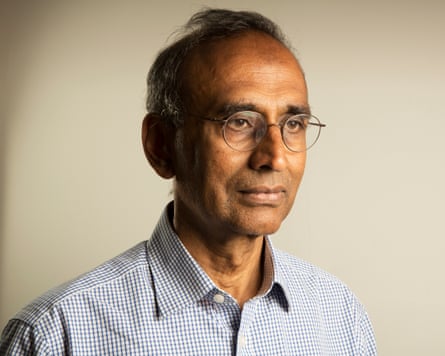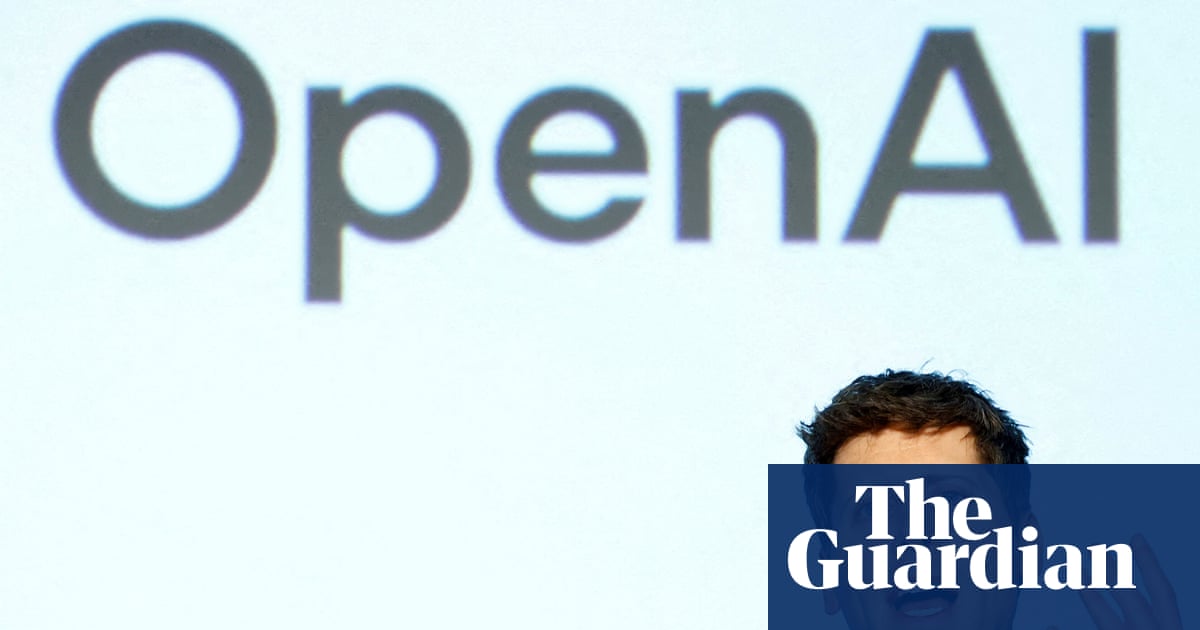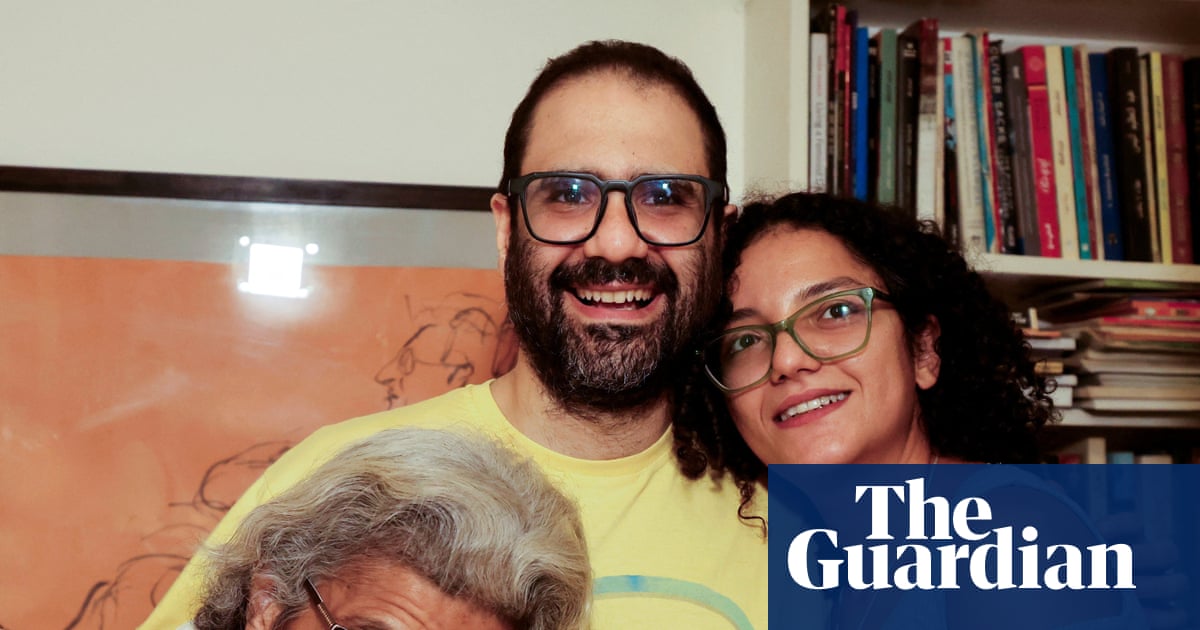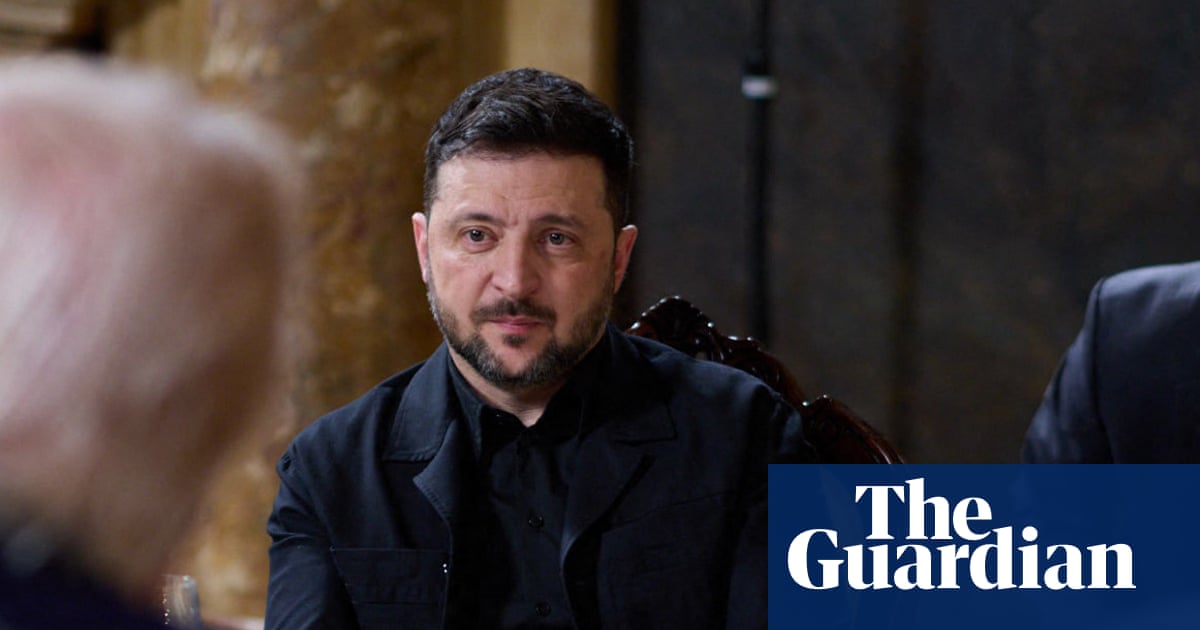A growing number of universities, academic institutions and scholarly bodies around the world are cutting links with Israeli academia amid claims that it is complicit in the Israeli government’s actions towards Palestinians.
According to Gaza’s health ministry, more than 63,000 people have been killed in the territory – the majority of them civilians – with the true toll likely far higher. UN-backed experts have confirmed parts of Gaza, much of which has been reduced to rubble, are now in a “man-made” famine.
In response, a growing number of academic bodies are now distancing themselves from Israeli institutions. Last year the Federal University of Ceará in Brazil cancelled an innovation summit with an Israeli university, while a host of universities across Norway, Belgium and Spain have cut ties with Israeli institutions. Others, including Trinity College Dublin, followed suit this summer.
The University of Amsterdam has ended a student exchange programme with the Hebrew University of Jerusalem, and the European Association of Social Anthropologists has declared it will not collaborate with Israeli academic institutions and has encouraged its members to follow suit.
While not all those taking action support a general academic boycott, the movement reflects concerns over links within Israel between academia, the military and the government.
Stephanie Adam of the Palestinian Campaign for the Academic and Cultural Boycott of Israel said Israeli academic institutions are complicit in “Israel’s decades-long regime of military occupation, settler colonial apartheid and now genocide”, adding there is “a moral and legal obligation for universities to end ties with complicit Israeli universities”.

However, few institutions in the UK, France and Germany have announced they are cutting links Israeli academia, with Universities UK (UUK) saying it does not support an academic boycott.
“As a representative body, Universities UK has a longstanding public position of being committed to the free exchange of ideas, regardless of nationality or location. As such we do not endorse blanket academic boycotts, as this would represent an infringement of academic freedom,” a UUK spokesperson said. Likewise, the Royal Society has stated that it opposes academic boycotts.
The Nobel laureate and former president of the Royal Society Venki Ramakrishnan told the Guardian he has mixed feelings about boycotts.
“On the one hand, the Israeli government’s approach to Gaza has been hugely disproportionate, harming civilians, including young children, in the thousands,” he said.
“On the other hand, most Israeli academics I know, including several I count as my friends, detest Netanyahu and his government. A boycott of this would penalise those who are not responsible for the actions of the Israeli government, and who in fact are very sympathetic to the plight of Palestinians.”

The Israeli historian and political scientist Ilan Pappé disputed that many academics are sympathetic to the plight of the Palestinians. “If it were so, I would have seen them among the few hundreds [of] brave Israelis who demonstrate against the war because it is a genocide, not because it fails to bring back the hostages (demonstrations that [are] regarded [as] illegal in Israel),” he said, adding that the vast majority of Israeli academics do not refuse to serve in the country’s army.
“They provide courses and degrees to the secret service, police and are agencies of the government that are oppressing daily the Palestinians,” he said.
On the academic boycott, Pappé said: “[It] is a very harsh and tough, albeit necessary, conversation with the Israeli academic institutions, illuminating for them their responsibility and for being an organic part of an oppressive system. A reality that has been going on for 77 years and the Israeli academia is now told that there is price tag attached to such a conduct.”
Ghassan Soleiman Abu-Sittah, a British-Palestinian surgeon and rector of the University of Glasgow, said that students and academics across the UK have pushed for academic boycotts of Israel, but are being blocked by the governing bodies of universities.
As a result, he said, researchers are taking unofficial action.
“The moral outrage about what the Israelis are doing is leading more and more academics to take personal decisions, not to have joint projects with Israelis,” he said.
Whether the severing of academic ties has had any impact on researchers in Israel, or the Netanyahu government, is a matter of debate, with some sources within Israeli academia stating it is not affecting their research or links with longstanding collaborators.
However, that could change should the movement continue to spread, with experts noting the importance of collaborations between Israeli institutions and both Ivy League and western European universities.
What’s more, blocks on research funding could be very problematic, both for Israeli universities and the country as a whole, given the Israeli economy is heavily based on science and technology.
Such fears are very real: since 2021 Israel has received a net sum of €875.9m (£740.4m) from the EU’s Horizon Europe programme for scientific research. However, in July the European Commission proposed partially suspending Israel from Horizon Europe.
“The proposal will affect Israeli entities participating in the EIC Accelerator, targeting startups and SMEs [small and medium enterprises] with disruptive innovations and emerging technologies that have a potential dual use, for example in cybersecurity, drones, and artificial intelligence,” said the EU Commission spokesperson Thomas Regnier.
At present, the suspension looks unlikely, with 10 member states arguing it is better to keep a dialogue open with Israel. But concerns remain that Israel could be blocked from the successor to Horizon Europe, which is set to begin in 2028.
Adam said there are signs academic actions are cutting through, noting in May 2024 the Israeli government allocated €22m (£19m) specifically to combat the Palestinian-led academic boycott, while Israel’s share of EU research funding has fallen.
Last Thursday it was revealed that of the 478 early-career researchers selected by the European Research Council to receive its 2025 starting grants as part of the Horizon Europe programme, just 10 are in Israel, compared with 30 of 494 grantees the year before.
Should the money stop flowing and prestigious collaborations dry up, there is also concern that researchers will leave Israel, potentially never to return, fuelling a “brain drain” that is already a concern in medicine.
While Israeli researchers told the Guardian academia is the wrong target for boycotts, and some experts say on its own an academic boycott will not be effective, others maintain the approach is a powerful tool.
“The threat of academic boycott is sufficient to push the Israeli government into ending this genocide,” said Abu-Sittah.

 3 months ago
80
3 months ago
80

















































